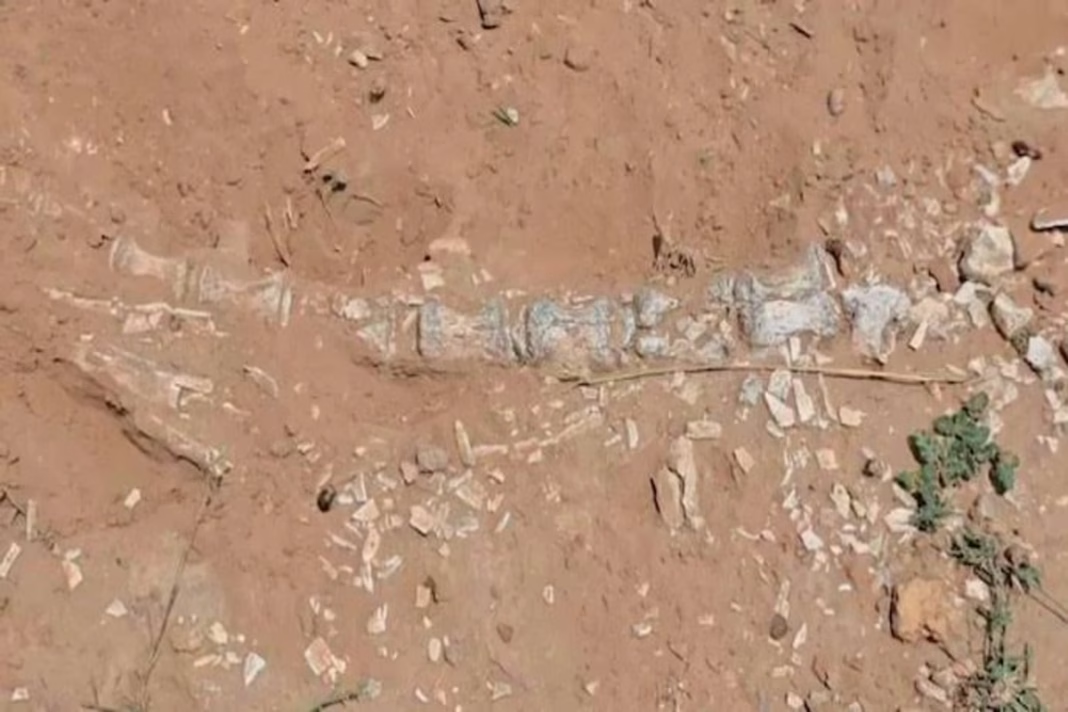Rajasthan News: In a remarkable paleontological breakthrough, geologists have discovered rare Jurassic-era fossils in Jaisalmer, including a partial skeleton and what appears to be a fossilized egg. This discovery is being hailed as a historic milestone that could reshape our understanding of prehistoric life in India.
A Glimpse into Prehistoric Rajasthan
Experts believe the fossils belong to a phytosaur, an ancient reptile that looked similar to modern-day crocodiles but belonged to a separate lineage. Phytosaurs were semi-aquatic creatures that thrived in forested, riverine habitats nearly 210 million years ago, during the Late Triassic to Jurassic period.
DON'T MISS
The remains include a skeleton measuring nearly 1.5 to 2 meters in length. Adjacent to the skeletal structure, researchers found a large, egg-shaped fossil that could potentially offer new insights into the reproductive biology of these long-extinct reptiles.
Scientific Significance
This marks India’s first well-preserved phytosaur fossil discovered in Jurassic rocks, placing Jaisalmer on the global paleontology map. Scientists say such discoveries are rare even internationally, making this find of immense importance.
According to preliminary assessments, the fossils could provide vital evidence about the Jurassic ecosystem of western Rajasthan. Researchers are carrying out detailed laboratory analysis, including carbon dating, to determine the precise age and classification of the fossils.
Geologists emphasize that these remains could help reconstruct the prehistoric environment of Rajasthan, which was once home to vast rivers, swamps, and dense vegetation.
From Accidental Find to Landmark Discovery
Interestingly, the fossils were first noticed during a pond excavation in a local village. Villagers initially thought they had stumbled upon stones and petrified wood. However, further examination by experts confirmed the presence of rare vertebrate fossils.
Following this accidental discovery, the site has been secured, and excavation teams are working carefully to preserve and study the remains. Scientists believe more fossils could be unearthed as the work continues, offering an even clearer window into India’s Jurassic past.



